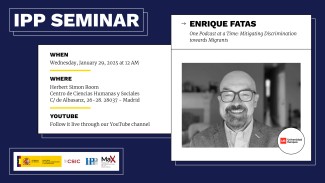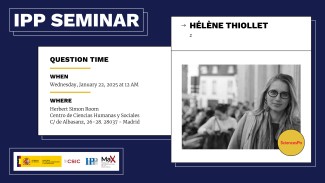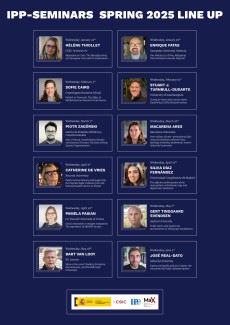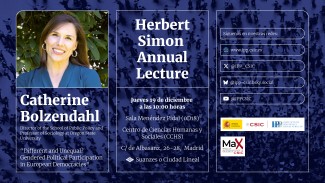Perna, R., Hernández-Moreno, J., Cruz-Martínez, G. (2025). Reforming Long-Term Care Provision and Work in Post-Pandemic Times: Scope and Drivers of Policy Change in the Spanish Decentralised System

Abstract. The COVID-19 pandemic unveiled and magnified structural challenges of long-term care (LTC) provision and work across Europe, bringing the need for reforms on the quality-of-care provision and work to the fore in several countries. Focusing on the case of Spain, this paper analyses to what extent the window of opportunity opened by the pandemic resulted in structural LTC reform, focusing on the scope and drivers of policy change/continuity.











